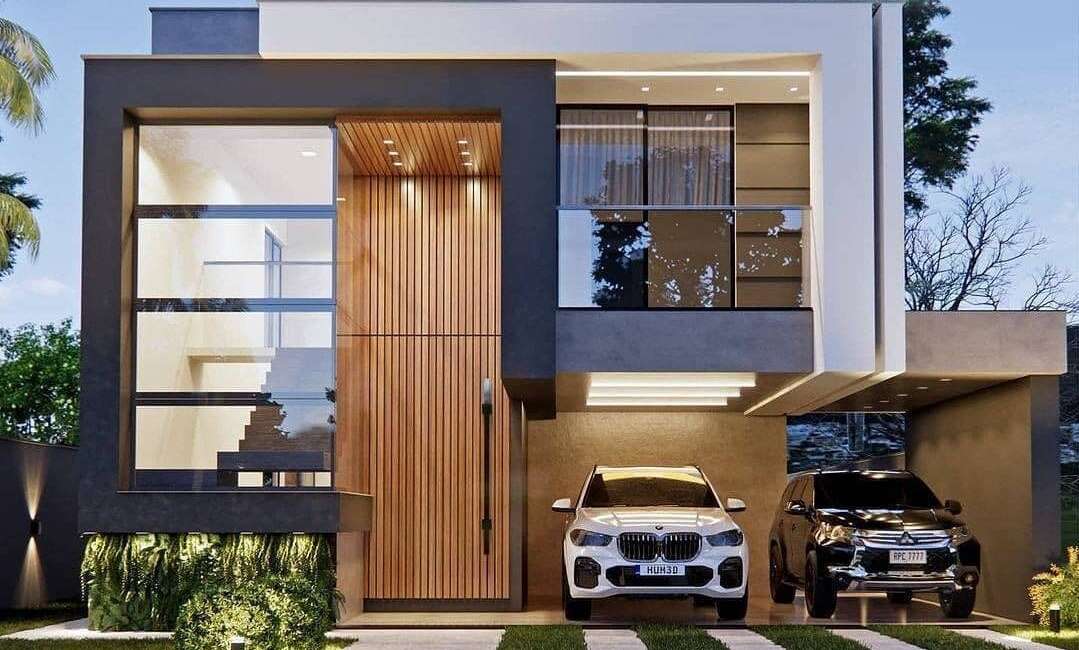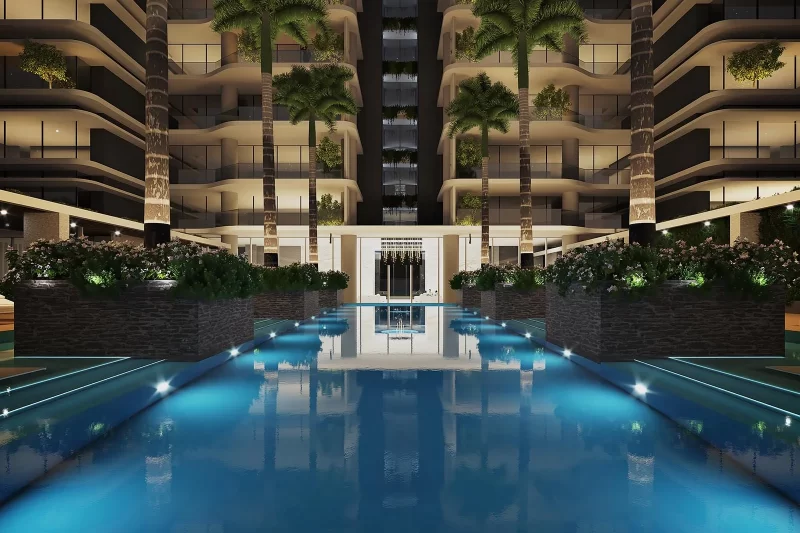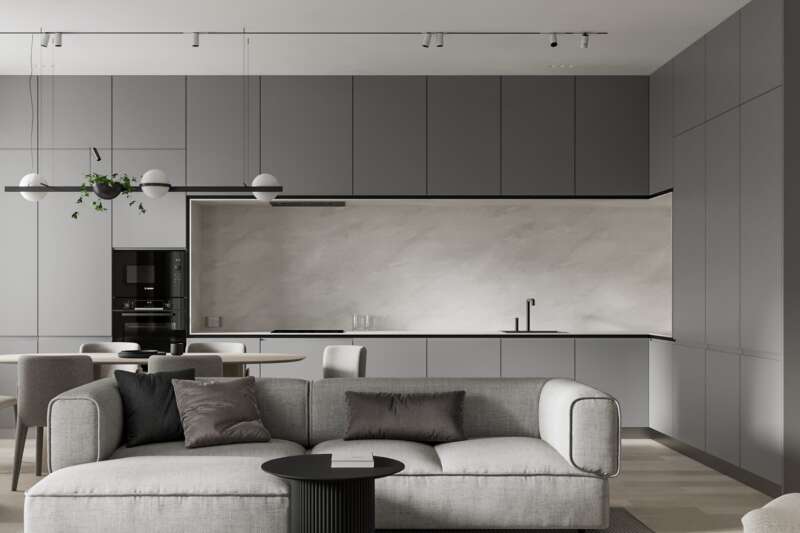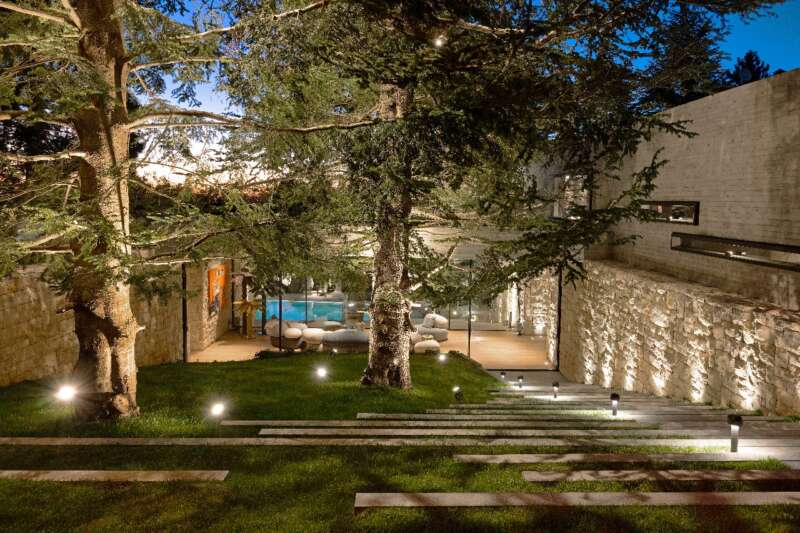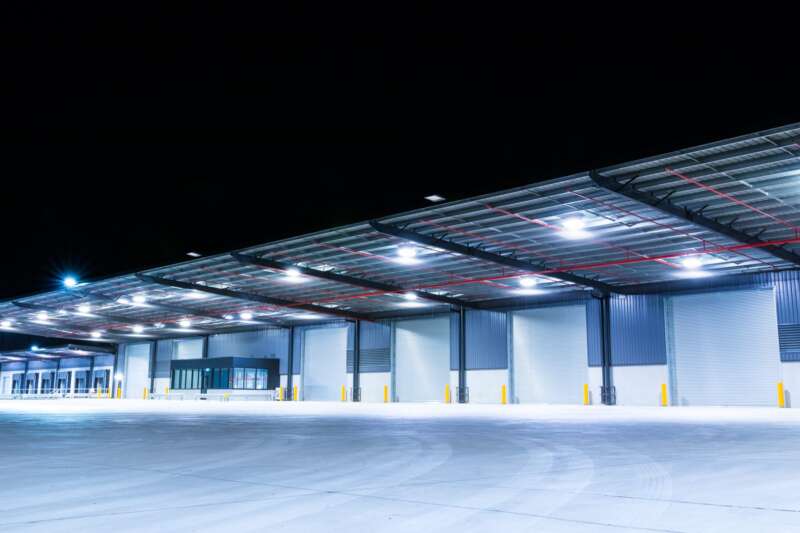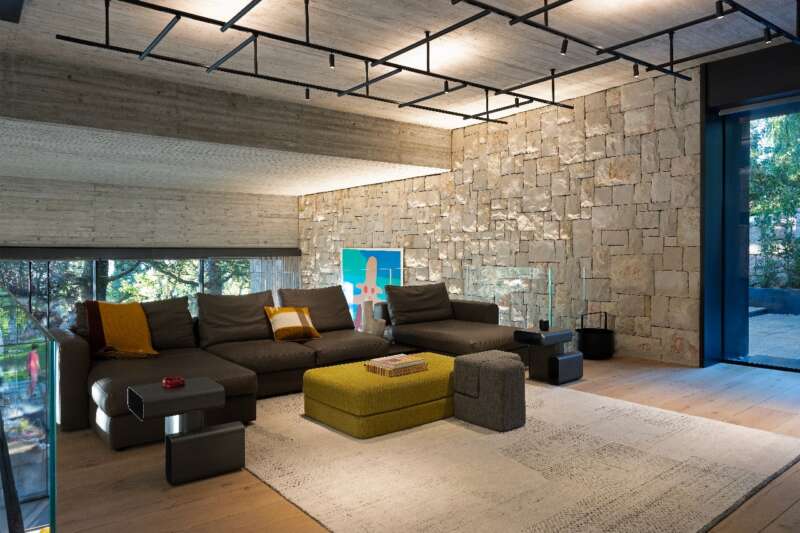What Kinds of Timers Can I Use with My Lights?
Set it and forget it. With timers, you can turn lights on or off without even touching the switch. Timers give you convenience and control over your indoor or outdoor lights on a day-to-day basis. You can use them in many places, from security and Christmas lighting to starting up the hot tub. But which one do you need? To start, timers can be divided up into two basic categories: mechanical or digital.
Types of Timers
Mechanical timers also known as analog timers, are spring wound. Similar to winding a clock or setting a watch, these timers use a spring behind the dial face to determine and keep track of the hours you need. Typically, in the course of 24 hours, you can schedule a mechanical timer to turn on and off multiple times with hour intervals between actions. Although power outages can require you to reset these timers manually, they are good for the daily on/off functions of indoor or outdoor lighting. More powerful timers, accepting input voltages of 277 Volts or higher, can handle mid-range to heavy equipment like HVAC systems, electric fences, livestock feeders, signage, and conveyors.
Digital timers work similarly to mechanical timers. Some timers can keep a single 24-hour schedule with multiple on/off set points or cycles. However, digital timers may have more on/off set points than a mechanical timer with as little as one-minute intervals between them. They can also run a lengthier, 7-day schedule while adjusting for daylight savings. The backup battery in many of these units keeps your lighting and devices on time regardless of power losses.
Astronomic timers are digital timers with a slight difference. Other timers might require a separate photocell in order to precisely schedule your lights for sunrise or sunset. But digital astronomic timers have built-in programming to handle the timing of the sun. Usually, 7-day timers are sufficient for your home but for larger areas, you can use 365-day astronomic timers. More complex timers can schedule around 4,000 events or cycles, including holiday lighting for parks, universities, hotels, retail stores, gas stations, airports, and hospitals. You can set schedules for months at a time.
Specialty Timer Applications
There are timers designed to fit many applications. Still there are a few timers you will want to be more cautious of purchasing unless you need them for a defined purpose. If you’re away for long periods of time or want to save on electricity to heat water when no one is home to use it, then you can use a timer specifically for electric water heaters to maintain control. Sprinklers and irrigation timers can use a 24-hour format but also have the ability to skip watering periods to account for those rainy afternoons. Pools and Spa timers are always in rain tight cases since they have to be near so much moisture. They can control the lighting, aerators, filter pumps, hydrochlorinators, and anything else your piece of floating paradise needs.
Lighting Tip: You can connect Christmas lights to most indoor and outdoor timers. However, you should check the specifications of your timer for the maximum wattage, horsepower, or amperage before installing to make sure it can handle the power draw of whatever device or lighting it’s controlling.


